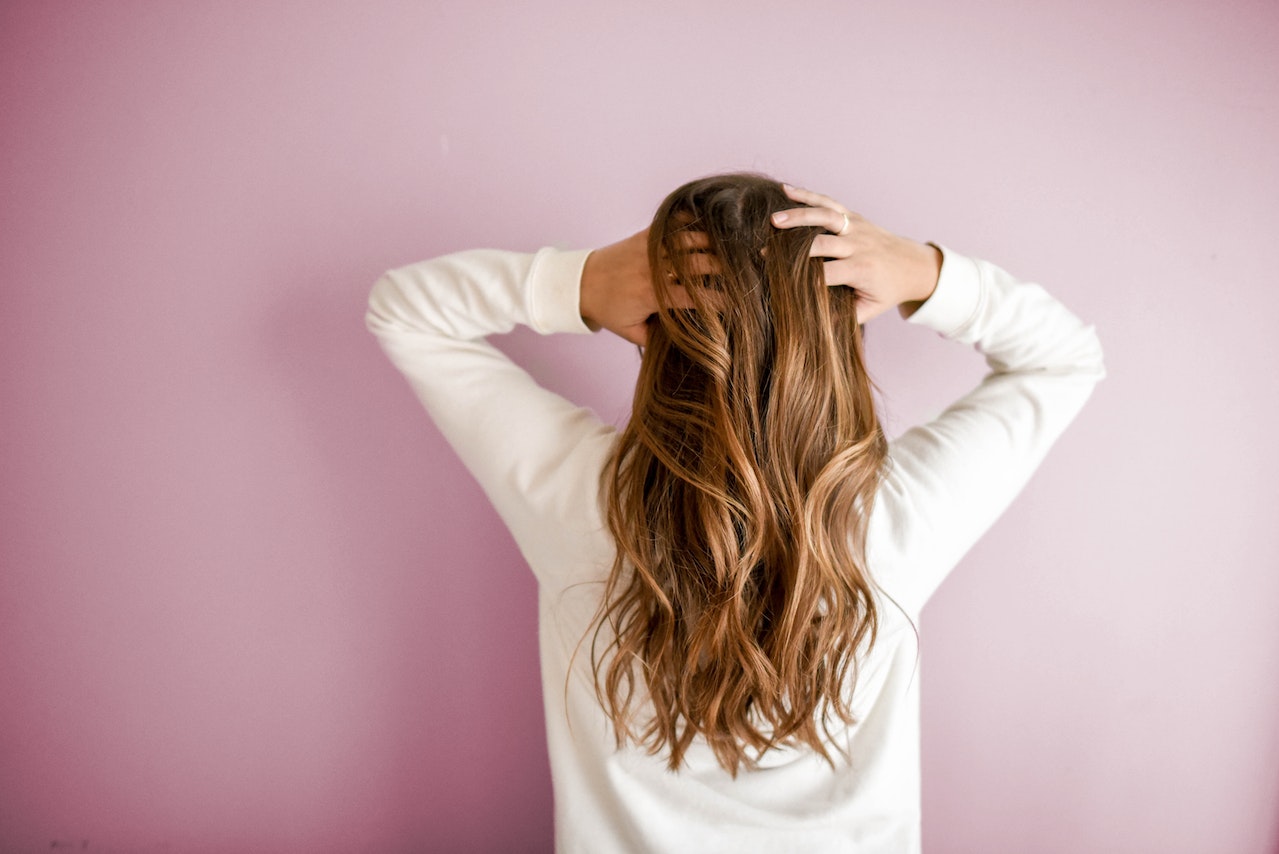Thinning hair is when you lose more hair than normal. It can happen to anyone, but it’s more common in men than women. It happens when the cells that make up your hair follicles (the place where your hairs grow) get old and die off faster than they grow new ones. When this happens, there aren’t enough cells left to make strong strands of hair that hold their shape over time–so they start thinning out instead of getting thicker as they normally would.
What causes hair to thin?

Hair thinning can be caused by a variety of factors, including lifestyle habits, genetics, medical conditions, and hormonal imbalances. Lifestyle habits that can lead to hair thinning include overtreating the hair, tight hairstyles, and using harsh chemicals or heat. Genetics can also be a factor in hair thinning, with the most common genetic condition being female-pattern hair loss, or androgenic alopecia. Medical conditions that can cause hair thinning include polycystic ovary syndrome (PCOS) and inflammatory conditions.
What to do when your hair starts thinning?
Don’t panic. Don’t fret. There are a few things you can do to help address the issue:
1. Change your hair care routine
Avoid using harsh chemicals and heat on your hair, and use gentle hair care products that are suitable for your hair type. You can also consider using volumizing products.
2. Use proper products
There are a lot of products you can use to help thicken your hair, and some of them are more effective than others.
- Shampoo and conditioner: You should use a shampoo and conditioner for thinning hair because it will help keep your scalp clean while making sure all of the oils on your scalp are being removed. If you have curly or wavy hair, this can also help add volume to those strands by making them appear fuller due to their thicker appearance after washing out all the dirt and oil.
- Leave-in conditioner: Leave-in conditioners can help to moisturize the hair, which is extremely important for those with thinning hair. When hair is dry and brittle, it is more likely to break and become damaged, which can exacerbate hair thinning. Leave-in conditioners contain ingredients that can help to hydrate and soften the hair, making it more resilient and less prone to breakage.Many leave-in conditioners also contain ingredients that can help to shield the hair from heat and environmental stressors, such as UV rays and pollution. By protecting the hair from these damaging factors, leave-in conditioners can help to prevent further hair thinning.Lastly, leave-in conditioners can provide extra nourishment to the hair, which can be beneficial for those with thinning hair. Many leave-in conditioners contain ingredients that can help to strengthen and fortify the hair, such as keratin, biotin, and collagen.
3. Reach out to a professional
If you’re worried about thinning hair, it’s important to be proactive about the problem rather than waiting for it to get worse and more noticeable. If you’re having trouble with your scalp, don’t be afraid to ask for help from a professional—they can help determine what might be causing the thinning and offer advice on how best to treat it.
4. Practice good habits
Make sure to eat a healthy and balanced diet, exercise regularly, and avoid stress as much as possible. These habits can help promote overall health and may also help slow down hair thinning.
5. Try alternative treatments
Some people find that alternative treatments such as herbal remedies, acupuncture, or scalp massage can help improve hair thickness and growth. However, it is important to consult with a professional before trying any alternative treatments.
Conclusion
We hope you’re feeling more equipped to tackle thinning hair, and that our guide has helped you understand what to do. If your hair loss is caused by another condition, such as an underlying health problem or medication side effects, then it is best to seek out a professional opinion before making any decisions on treatment options. Good luck!